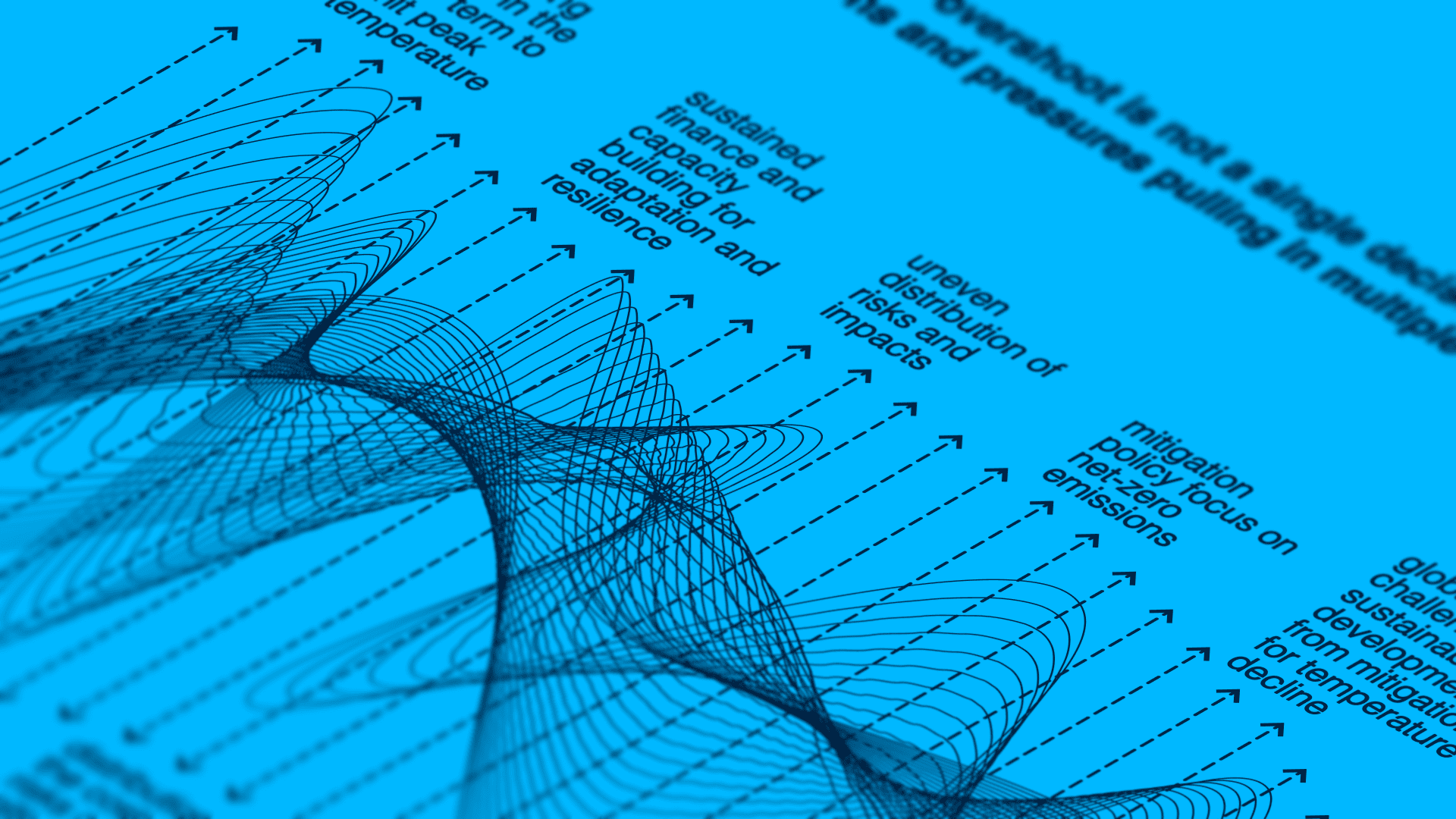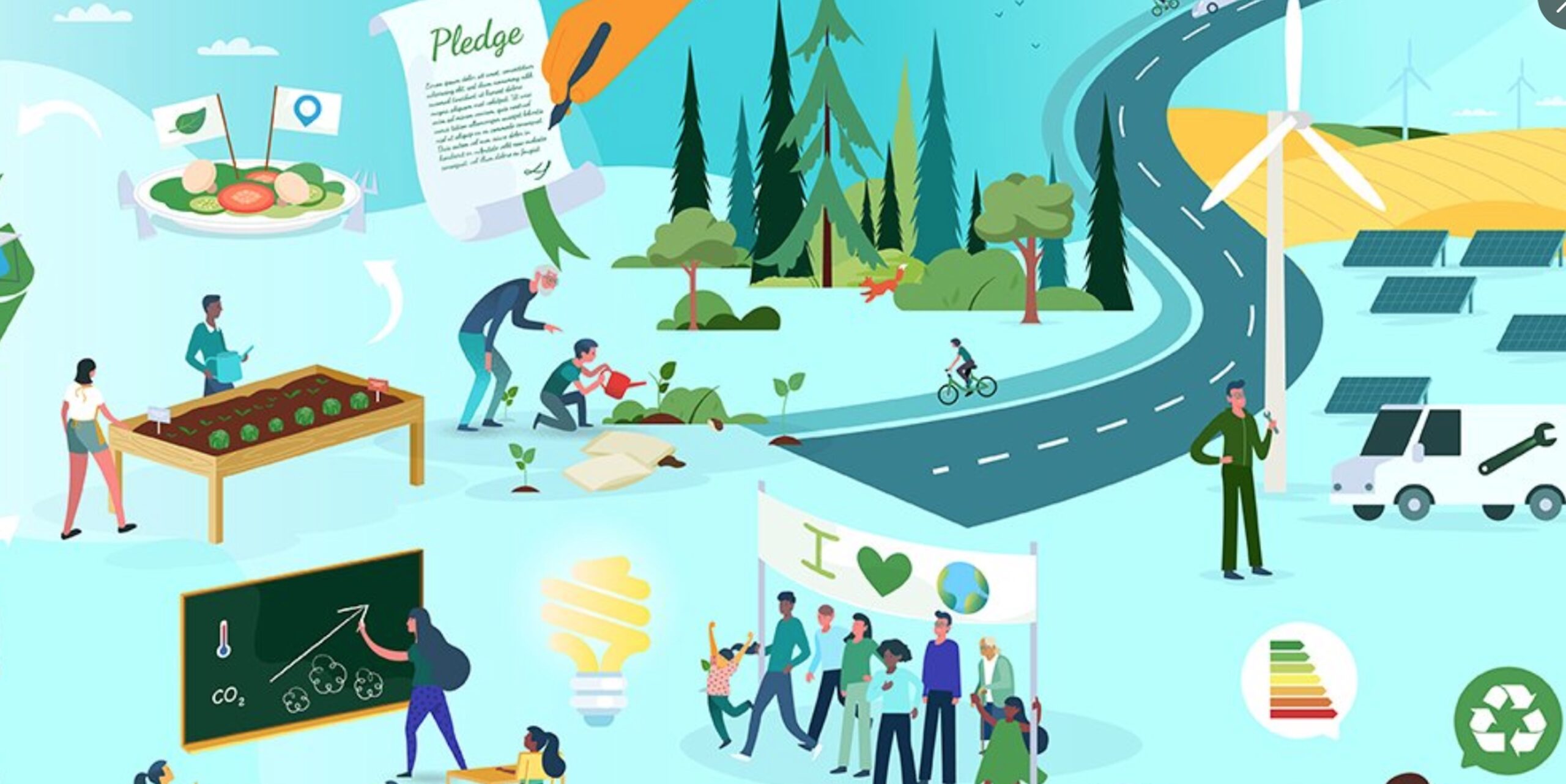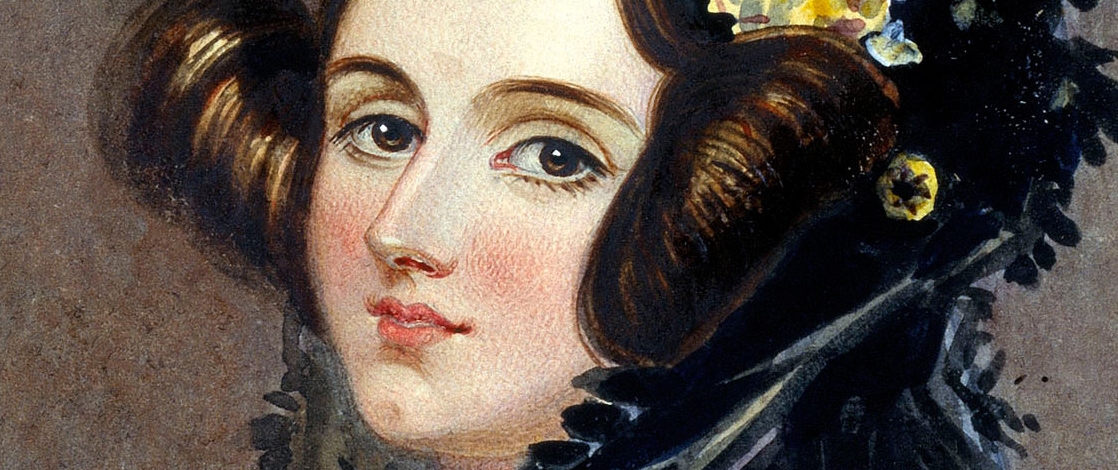In recent years, research funding schemes have increasingly focused on public participation in science and innovation. The European Commission, along with other funding agencies, recognizes the growing importance of research that caters to societal needs. This implies a paradigm shift, leaving behind the traditional fortress model to implement a more inclusive and collaborative approach that recognizes the importance of public engagement in research and innovation. This new paradigm for engagement in research was discussed during the CMCC Foresight Dialogue “Public engagement for climate-resilient societies”.
Annette Klinkert, Executive Director of the European and Science Engagement Association (EUSEA), defines public engagement “as the dialogue or participation model, in which multiple publics and researchers or scientists both benefit from listening and learning from one another, referred to as mutual learning.”
Establishing partnerships with the public and different stakeholders is highly beneficial for the research community. A trusted relationship with the public contributes to the quality of research outputs by enlarging its scope and increasing the robustness of its outcomes. Moreover, a mutual learning approach “leverages collective intelligence from the innovation landscape, which is often excluded from knowledge creation,” added Klinkert.
While there are several benefits to public participation in science, some potential barriers might hinder its effective implementation. For instance, there might be a lack of communication between researchers, stakeholders, and participants, who often have limited time availability, explained Eulàlia Baulenas, postdoctoral researcher at the Barcelona Supercomputing Centre (BSC). To overcome some of these barriers, building long-lasting relationships and trust with relevant stakeholders is fundamental.
Among the benefits of public engagement, Klinkert noted that “when it comes to climate change and resilience, it may trigger behavioral change, which scientific publication may not do.” Engaged stakeholders will perceive a higher transparency in the research process, building trust in science that may eventually inspire climate action. For example, the Agora project, in which CMCC and BSC are partners, aims to effectively engage local communities to accelerate and upscale adaptation processes.
As stated by Baulenas, “Agora stands for a gathering place to co-design and co-create adaptation through contextual adaptation knowledge.” Public engagement in adaptation research generates solutions that are relevant and inclusive, because they are based on the co-production of knowledge, providing equal opportunities for citizens and stakeholders to participate in the decision-making process. The main tool being developed by the Agora project to facilitate citizens’ engagement is a digital platform that incorporates different methodologies, based on an evaluation framework for these activities.
Watch the full webinar:
“Public engagement for climate-resilient societies” is part of the webinar series Foresight Dialogues in which writers, artists, journalists, scientists, innovators and entrepreneurs discuss the role of communication, in its various forms, in accelerating the climate transition. The Foresight Dialogues series is organized in the context of the CMCC Climate Change Communication Award “Rebecca Ballestra” initiative.
Annette Klinkert is an internationally experienced networker, practitioner, facilitator and trainer in the fields of science communication, public engagement and knowledge-based urban and regional development. Since 2016 she is Executive Director of EUSEA, the European Science Engagement Association. Annette Klinkert is founder and CEO of city2science GmbH – Science Communication and Strategy Consulting in Germany.
Eulàlia Baulenas is a postdoctoral researcher in the Knowledge transfer team of the Earth System Services Group at the Barcelona Supercomputing Center (BSC-CNS), specialized in participatory methodologies and knowledge co-production for climate services. Her background is in political science with a PhD in Environmental Policy by the University of Freiburg, Germany, conducted at the Chair of Forest and Environmental Policy until 2021. Previously, she gained experience in the field of consultancy working on comparative studies for the European Commission. Currently, she is engaged with the knowledge co-production processes and dissemination activities of the H2020 project EUCP and the H2020 project NextGEMS.
More information:






